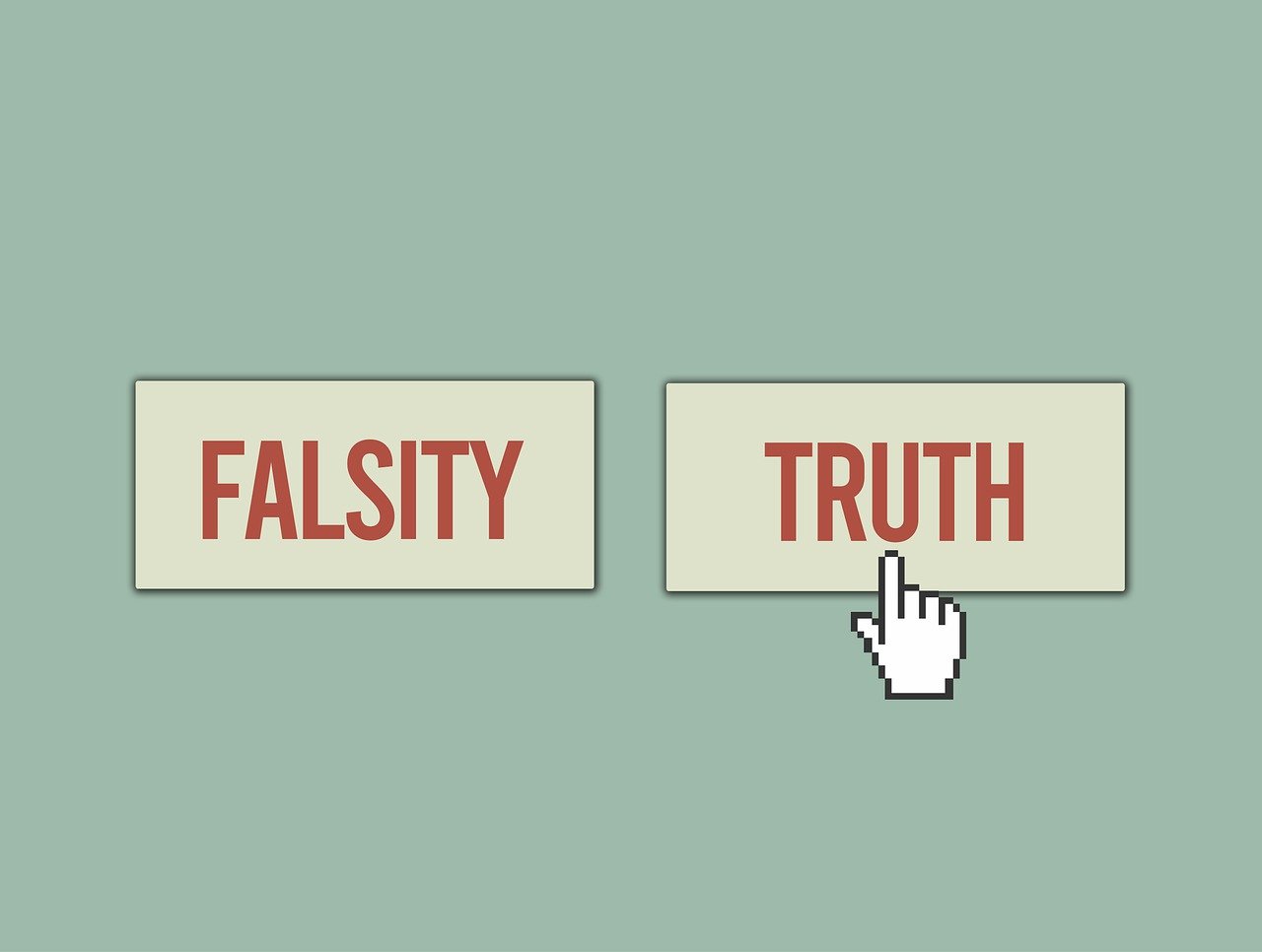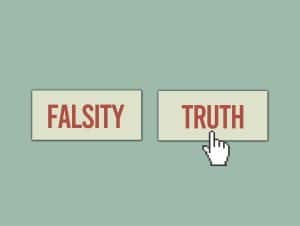If you operate a business and manage a website on its behalf, odds are that you want that website to achieve results. Without visitors, your website is useless. There are several facets that can be used to drive traffic towards your website. A strong social media presence can naturally lead to more website clicks, especially if you promote your business from there. Paid Advertising is a fast and efficient means of getting your content in front of a large audience with minimal effort due on your part. However, these are not the most efficient nor the most effective means of audience building. Search Engine Optimization (SEO) is the only method that provides sustainable growth for your website with lasting results, and you can do it without risking any financial security. In truth, if your website is regularly Search Engine Optimized, you can achieve continued results simply by remembering a few simple tips and facts about SEO.
What is SEO?
Search Engine Optimization (SEO) is the process by which a website and its content are reworked, retooled, and refined to deliver the best experience for the user and the most attractive results for search engine algorithms. Search Engines such as Google deploy highly sophisticated algorithms to scour content on the web and to select that content which best holds to their standards. These algorithms are constantly being tweaked and update, as the user experience and technology are constantly evolving alongside it. However, there are constants that these algorithms search for and that is where your business can thrive. By adjusting your content to appeal to the algorithms’ standards, you can set your business up for success. And the best part is that these adjustments are hardly difficult or vastly time consuming. In fact, most of these adjustments can be made naturally and are actually a part of the writing or creating process.
Why SEO Matters to You
Search Engine Optimization matters to you because it is part of the core of any website. Whether you run the oldest site on the net or the most modern, SEO applies to your website and determines the success and number of results it achieves. Without SEO you can find temporary success. Unfortunately, however, the lifecycle of results from a viral social media post or an advertising campaign is short. While not permanent, the life cycle of SEO driven results last much longer and continue to generate further results the longer SEO is performed aptly. SEO matters to you because it is a surefire method of attaining continued search results success for your business and its website. When done properly, SEO is the difference between dipping into the red or flying through the black.
Quality
Search Engine Optimization is about quality. This “quality” takes several different forms. First, SEO ensures that there is a standard of quality for your website and every piece of content on it. SEO dictates the regulations by which content should be organized, interwoven, and implemented on the user’s behalf. SEO ensures that there is a consistency to the quality standards of your website.
SEO is also about the quality of each piece of content individually. When Search Engine Optimization is performed on a website as a whole, the process looks different than it would if SEO were performed on an individual piece of content. When SEO is performed on these individual pieces, however, it ensures that each article, blog, or transcript is formatted not only to benefit your website, but to benefit search engine algorithms, and the overall user experience.
Quantity
Search Engine Optimization is not a question of quantity versus quality. In fact, SEO is more about the process of producing both quantity and quality. When it comes to desirable search engine results, neither quantity nor quality is enough on its own. As daunting as it may sound, the goal here is to achieve both quantity and quality. One, top-tier quality article on its own is not going to keep a website on the front page, neither will a baker’s dozen articles in the same period of time.
To understand why this balance is necessary, it is important to consider how the search engine algorithms operate. These algorithms don’t perform one scan a month and call it good. Rather, these algorithms are at work constantly, even when no one is searching for terms your website aims to key under. So, it is important to remember to cater to these algorithms frequently. This doesn’t mean you need a new article every day, but it does mean that your content shouldn’t ever be allowed to go stale. Continue to create content to the highest standards but make it a priority and create it on a weekly, if not daily, basis.
Mobile Friendliness
Mobile Phones are everywhere, and they are no longer just for taking calls and sending texts. No, the smartphone is not a fad, as many predicted and some still do. The Smartphone and Mobile Websites are now the precedent. So much so, that Google and other search engines prioritize the accessibility and quality of a mobile website over the traditional desktop version. So, if your website hasn’t been updated to function completely and cleanly on a mobile device, you are effectively shooting yourself in the foot.
Thankfully, mobile websites aren’t as complicated to maintain as they used to be. Hosting sites and web designers are well aware of the prioritization of the search engine algorithms, and the process of creating a traditional desktop website almost always includes options for a mobile version of the site. Whether your mobile site is just a reformatted version of your desktop site, or if it is an independent website on its own, a mobile site needs to be your top priority if you want top tier results.
Keywording and Tagging
Keywords and tags are similar, but they are not the same thing. While both keywords and tags are crucial to the search engine optimization process, they perform separate tasks. Let’s take a look at keywords first. When it comes to SEO, a simple keyword or short, keyword phrase is all that you need. This word or phrase should highlight the central theme or idea of your page and/or content. Make sure to use words that are searchable, the keyword phrase is not the place to test out new and complex vocabulary. This keyword should effectively summarize your content and should be part of what you hope to rank for on the search engine pages.
Tags, on the other hand, help to break down subtopics and secondary themes. Tags are most often one word or a two to three-word phrase. These help identify topics and subjects within your content and assist the search engine algorithms by breaking down what your new content actually consists of.
Internal Linking
Internal links are an often-overlooked aspect of Search Engine Optimization. These are links that redirect a reader to other articles or pages on your website that contain relevant information. These links can be placed to redirect to similar content, expound on an idea discussed, or simply suggest where on your website the user might like to visit next. Internal links help both users and search engines by establishing the quantity and subject matter of content on your website. An article that contains a healthy number of internal links suggests expertise and further knowledge on behalf of the website. This encourages users to return to your website or “go down the rabbit hole” to find more content. This simple step can ensure that users spend more time on your website and are exposed to more of what you have to offer, including sales opportunities.
External Linking
External Links do not serve the same purpose as internal links; however, they are still a crucial step of search engine optimization. External links assist the user by providing a shortcut to relevant information or a re-iteration of the same information from a reliable source. These links lend validity and credibility your articles especially. These links also help the algorithms establish similarities between your website and those similar to it. This lends credibility to your site and assists it when a user searches for similar website or websites commonly associated with yours. This is doubly so when you link to a website and they link back to yours.
Funneling
Sales funnels are not necessarily a function of search engine optimization, but when SEO is performed properly, your sales funnels benefit. From a black and white approach, the higher your website ranks with search engines, the more leads you generate and the more sales opportunities you are presented with. However, SEO also lends credibility to your existing sales funnels by applying a more standardized and professional look and use to your website. Remember that SEO ensures certain parameters of quality as much as it ensures higher search engine rankings. When users are presented with a quality site that is both fast and efficient, they are much likelier to engage with your sales funnels and be sold to.
Utilizing Social Media
Social Media and Search Engine Optimization can go hand in hand. In fact, you can optimize your Facebook and Twitter posts similarly to how you would optimize a website. The key factor to remember here is that social media should be used as a lead-in to your website, not the other way around. Your social media is a great way to display highlights of your content and to draw people into your website. In this way, you can draw audiences from both social media and search engines. The higher in quality your content is, the likelier that your social media audience is to engage with it.
Navigation
If your website is difficult to navigate, you are hurting your potential. In fact, a key component of search engine optimization is the navigability of your website. If menus are long and tedious for the user, that user is likelier to find another search result than to continue using your business/website. When proper SEO is performed, menus can be broken down into categories and submenus that help organize and differentiate your content while allowing users to quickly access whatever topics and content pieces they are searching for.
Users First
The users that visit your website are more important to your success than your opinions. What I mean is that users determine the quality of your website in the end, not you or the designer. It is important to use the analytic tools available to you to assess the areas in which users are avoiding or struggling in regard to your website. If your website isn’t working for users, it isn’t working for you either. Make sure to prioritize their wants and needs, as well as their accessibility.
Bringing it back to mobile websites, the push for mobile optimization stems from the simple truth that mobile users are the majority. If the old style doesn’t work for the majority, then it is not working. Period.
Your Presence on a Search Page
Your presence on a search page matters. Not only are search engines the primary tool for users when discovering new business, products, and services, but search engine results are much easier to maintain once a certain status is achieved. If you want your business to continue to dominate the first page and first listing on a search results page, you need to regularly perform search engine optimization to ensure that your website meets the standards of users and search engines alike.
Conclusion
Search Engine Optimization is a process, but it is not an overly complicated one. In brief, there are simple tools and tweaks that you can use with your website to ensure that its content is best suited for analyzation by search engine algorithms and consumption by both visitors and users. If you wish for your business to succeed online; mobile optimization, keywords, tags, internal and external links, and other aspects of SEO all need to become second nature for you. When done properly, SEO produces continuous and highly lucrative results for your business.




















